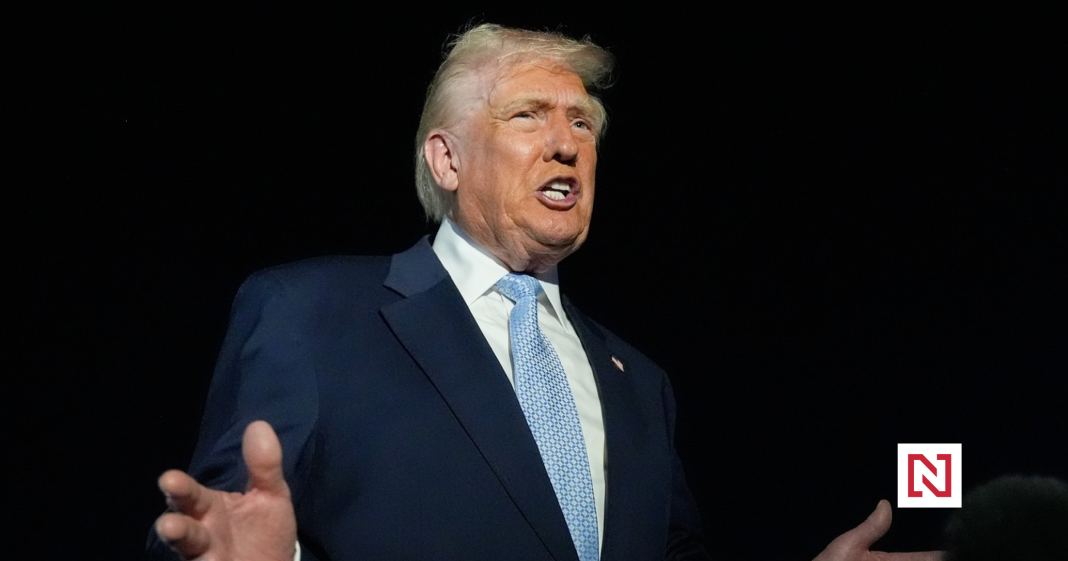In a surprising turn of events, former U.S. President Donald Trump has faced a major setback as his own party compelled him to concede in a contentious dispute over access to documents related to Jeffrey Epstein. The decision highlights tensions within the Republican Party and the ongoing legal battles surrounding Epstein’s infamous connections.
Internal Division Sparks Concession

The disagreement over the Epstein files has been simmering for some time, with Trump initially resisting any efforts to disclose documents that might shed light on his ties to the disgraced financier. However, recent pressure from key Republicans, concerned about transparency and potential fallout, forced Trump to reconsider. This internal division has exposed cracks within the GOP, illustrating a shift in priorities as the party grapples with its identity in the post-Trump era.
According to sources close to the matter, Republican leaders were increasingly worried about the political ramifications of withholding information. They argued that transparency was paramount to maintaining credibility and trust among voters. Ultimately, this pressure led to Trump’s concession, marking a notable defeat for the former president.
The Controversial Epstein Connection

Jeffrey Epstein, a convicted sex offender who died in suspicious circumstances while in prison, has left a complex legacy of allegations involving numerous high-profile figures. Trump’s past association with Epstein has been a frequent topic of scrutiny, raising questions about the nature and extent of their relationship. While Trump has previously distanced himself from Epstein, the demand for document disclosure suggests ongoing concerns over potential undisclosed connections.
Political analysts see this development as an opportunity for the Republican Party to distance itself from past controversies. By advocating for transparency, the GOP aims to reestablish a platform of accountability and integrity, crucial traits for appealing to a broader electorate as the 2024 elections approach.
Reactions From Political Commentators

The news of Trump’s concession has generated a mixed reaction among political commentators. Some view it as a strategic move by the Republican Party to regain public trust, while others interpret it as a sign of the party’s weakening hold over Trump. The decision to release the contested documents could potentially impact several ongoing investigations and fuel new political debates.
Commentators have also noted that this decision could set a precedent for how former government officials handle sensitive information related to personal and political networks. It raises important questions about the balance between privacy and the public’s right to know, particularly in cases involving potential misconduct.
Legal and Political Implications

The legal implications of making the Epstein files accessible are significant. Legal experts predict that the documents may lead to further investigations and possibly uncover new information involving other prominent figures. While the exact content of the files remains speculative, the possibility of new revelations has certainly captured public interest.
The decision is also expected to influence ongoing civil litigation related to Epstein’s network. Lawyers representing victims have welcomed the decision, emphasizing that transparency can contribute to achieving justice for those affected by Epstein’s actions. This move could potentially bolster their cases and lead to more comprehensive accountability.
In conclusion, Trump’s forced concession over the Epstein files reflects broader struggles within the Republican Party and highlights ongoing legal and ethical challenges connected to Jeffrey Epstein’s legacy. The unfolding events promise to reshape political dynamics and influence public perception in significant ways.





